Oral squamous cell carcinoma, the most prevalent type of head and neck cancer, frequently begins innocuously, as do many other cancers. For example, a small white patch in the mouth or a small red bump on the gums. It's simple to dismiss or minimize. But then something happens, as the little splotch grows and burrows into connective tissue, becoming more ominous.

Patients who see a dentist before things get out of hand have a better chance of preventing malignant tumors from developing—or at the very least, ensuring that treatment begins when it's most effective. For those who aren't so fortunate, the prognosis is bleak: oral squamous cell carcinoma (OSCC) has a five-year survival rate of roughly 66 percent. More than 10,000 Americans die of oral cancer every year; smokers and drinkers are the hardest hit.
Researchers at Boston University's Henry M. Goldman School of Dental Medicine have discovered that reducing — or even genetically deleting — a protein that appears to promote cancer growth can help limit tumor growth and spread. They claim that their findings make the protein, lysine-specific demethylase 1, a viable "druggable target" for chemo and immuno-oncology medicines to target in the fight against cancer. The revelation, according to the Centers for Disease Control and Prevention, could save people's lives in the future if they don't get preventative care.
Manish V. Bais, a principal author of the study and an SDM assistant professor of translational dentistry medicine, adds, "These findings have major implications for new and perhaps more effective therapy for oral cancer patients. This research is a crucial milestone in the development of the field."
“Dental schools have an advantage over traditional cancer centers when it comes to investigating the science behind the development of OSCC,” says Maria Kukuruzinska, SDM’s associate dean for research and a co-author of the study, “because we can get access to premalignant lesions, where cancer centers basically just see patients who are presenting with fully developed disease.”
Antitumor Immunity: Assisting the Body's Fight
According to Bais, once OSCC has taken hold, there is little prospect of it being totally eradicated. Clinicians can use chemotherapy, radiation, and even surgery to remove a tumor “But there is no cure—you can shrink the tumor, but not eliminate it,” he says. Bais had previously discovered that lysine-specific demethylase 1 (LSD1)—an enzyme that normally plays a critical role in normal cell and embryo development—goes out of control, or is “inappropriately upregulated,” including in the head and neck, as well as those in the brain, esophagus, liver, and lung.
“The expression of this enzyme goes up with each tumor stage,” says Bais, who’s also a member of BU’s Center for Multiscale & Translational Mechanobiology. “The worse the tumor, the higher the expression of this protein.”
Bais began investigating what would happen to cancers in the tongue if LSD1 was suppressed in his lab. To stop the enzyme, the researchers either wiped it out (by modifying genes so that LSD1 is effectively turned off) or utilized a small molecule inhibitor, a sort of medication that enters a cell and prevents it from doing its regular functions. Small molecule inhibitors have never been tested against oral cancer, despite the fact that they are already in clinical studies for other cancers. Disrupting LSD1 slowed the tumor's growth, according to Bais.
“The aggressiveness, or bad behavior, of the tumor went down,” he says. “We found that when we inhibit this protein, it promotes antitumor immunity—our body tries to fight by itself.”
But LSD1 isn't the only problem with the tumor: when it's overexpressed, it disrupts a cell-to-cell communication system called the Hippo signaling pathway (YAP), which is responsible for organ growth and tissue regeneration. According to Bais, YAP, LSD1, and a few other proteins get locked in a vicious cycle, with each one pushing the other into more aggressive and destructive behaviors. He says, "We need to interrupt this loop."
To come up with a new approach, the researchers combined efforts to block LSD1 by targeting YAP with a different inhibitor, verteporfin. Other researchers are testing verteporfin as a potential cancer treatment, especially in ovarian cancer. It was originally created to help treat serious eye disorders like macular degeneration. According to Bais, the combo worked well. He also added a third substance to the mix. According to Bais, employing the LSD1 inhibitor in combination with an immune checkpoint inhibitor called anti-Programmed Death 1 ligand antibody, a typical immunotherapy medicine that helps white blood cells in the immune system kill cancer cells, "showed a good response."
“Our findings provide a basis for future clinical studies based on the inhibition of LSD1, either as monotherapy or in combination with other agents to treat oral cancer in humans,” he says. The work was recently boosted with a new $2.6 million National Institute of Dental and Craniofacial Research grant. “Although our studies are preclinical, restricted to mice and some human tissue, we want to expand to look at human clinical trial samples.”
Source: Boston University

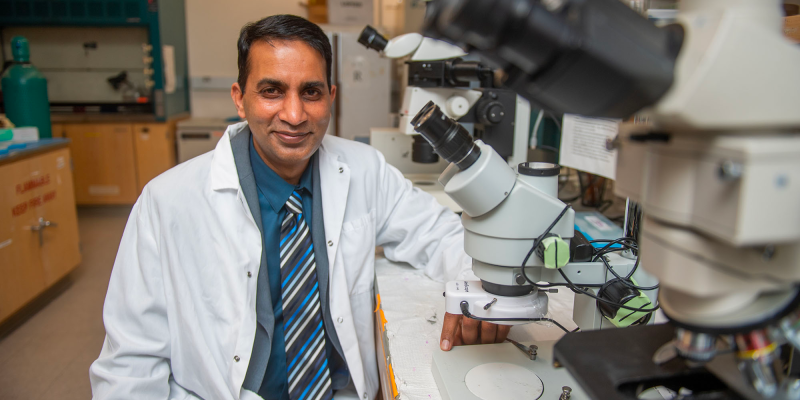




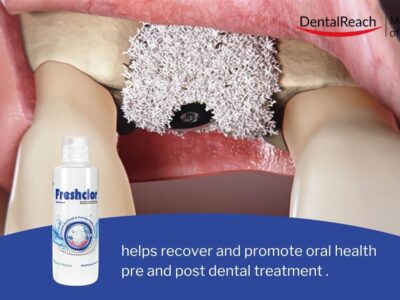
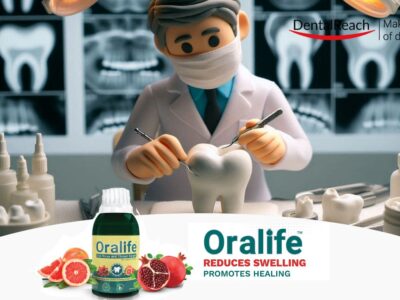
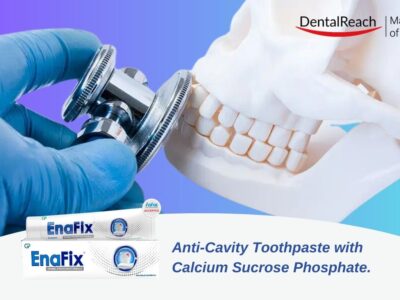
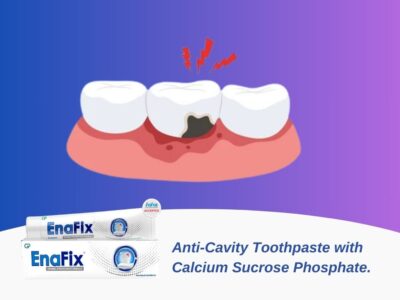
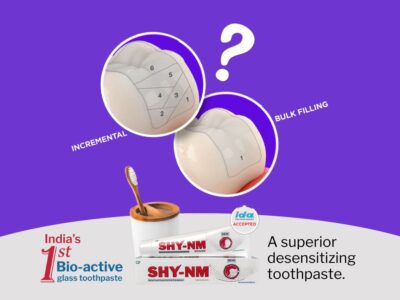








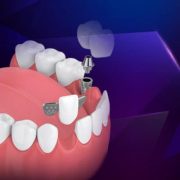
Comments